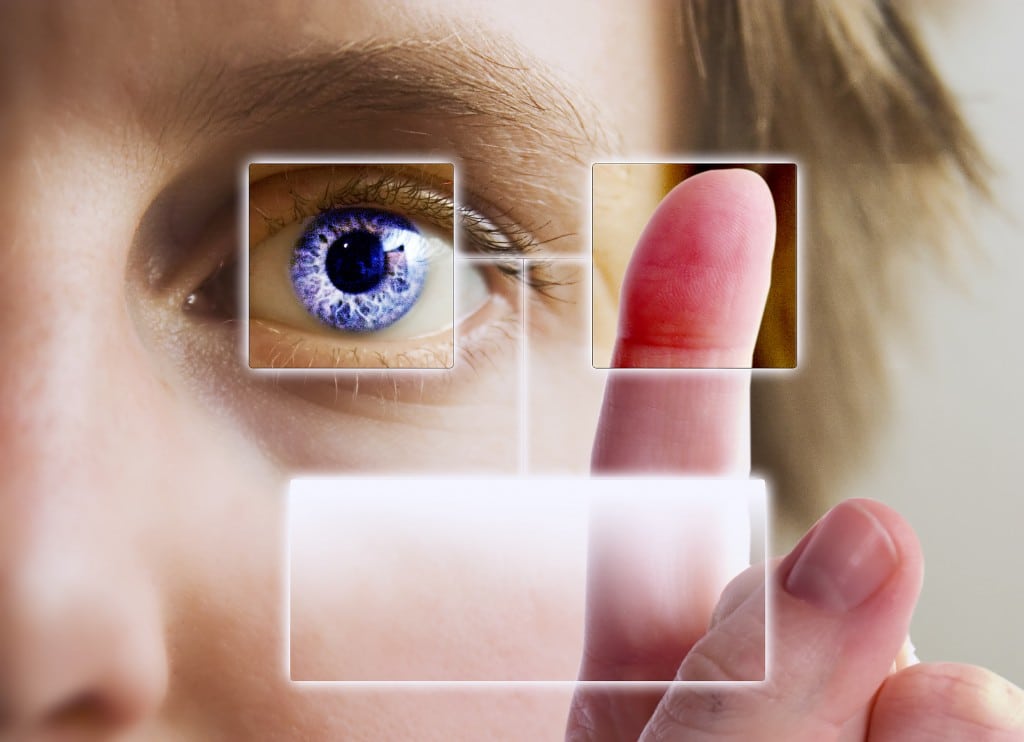Research on Biometrics Used at Music Festivals Yields Some Surprising Results
Music festivals rarely yield more than sunburns, hangovers and romanticized memories. But a pair of UK researchers managed to pull some surprising research about the acceptance of biometric technology.
Organizers of some outdoor music events in the United Kingdom have used biometric systems, prompting the researchers to ask past festivalgoers about their thoughts on the systems. Biometric technologies deployed at some festivals include facial recognition and iris and fingerprint scans.
Veterans of shows who took a survey authored by the Bournemouth University researchers were broadly accepting of biometric systems at festivals — even though 54 percent of participants reported having never before heard the term biometrics. That is an unusual number given the paper cites statistics showing that nine out of 10 festival attendees in the UK are between 16 and 39 years old — a prime technophile age range.
Also unusual, survey takers reported being swayed more by the security and convenience provided by biometrics than reliability, accuracy and privacy of systems.
In fact, the new paper cites previous research indicating that 44 percent of ticket buyers feel unsafe at music gatherings. Almost 60 percent of males between 16 and 34 years old are likely to fear trouble in the form of violence and drug use. Fifty-three percent of females in the same age group were worried.
On the other hand, it makes sense that festivalgoers — particularly younger attendees — are unlikely to consider privacy a top priority. It is hard to separate from masses of like-minded people milling ceaselessly among stages and vendor tents during multi-day events.
The researchers broke down their findings by segment of biometric systems, again with somewhat unexpected results.
Fingerprint scans at shows would fine for 71 percent of respondents, and face scanning is comfortable for 68.5 percent.
Half told researchers that they are fine with iris scanning. The comparative shyness about this technology was attributed in the paper to people less comfortable with the proximity needed to get a reliable ID. Discomfort grows if a scan is done by a person with a mobile device (rather than at a booth).
It is not known what can be extrapolated from the study given the narrow (compared to the society at large) demographics at shows and the unique setting and activities of typical music festivals.
Visit our Facebook page : https://www.facebook.com/Activ8DiversifiedTech

